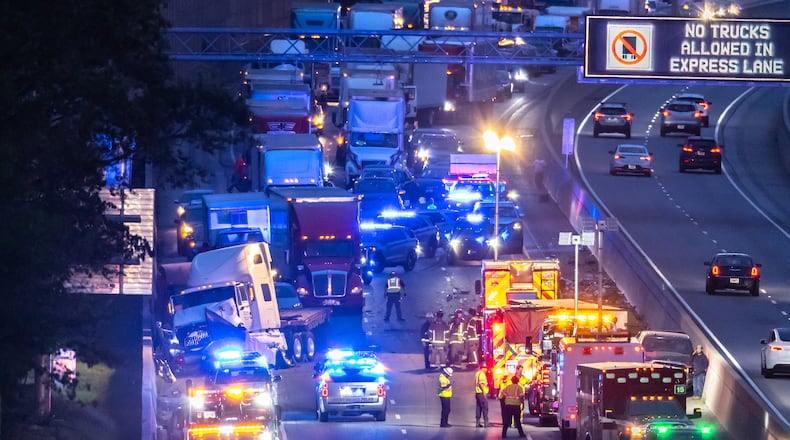Think of how many businesses answer the phone, “How can I help you?” Someone needs a pizza or some assistance fixing a computer. Their life likely does not depend upon the efficient and swift action of the call taker. The calm demeanor of the employee is a plus, but the stakes of the call are not as high as helping walk someone through CPR or having to deliver a baby.
But this gravity hangs in the balance on the majority of calls that come to 911 centers far and wide. This is why they often answer, “What is the location of your emergency?”
The week of April 14th was National Public Safety Telecommunicators Week, a time set aside to honor the oft thankless position of the 911 dispatcher. People cannot thank them enough.
Holding a job in one of these vital centers takes more fortitude than most gigs do. People often call for an emergency response at either one of the worst moments in their lives or someone else’s. Call takers defuse, collate, and dispatch these calls over and over again and sometimes in 12-hour shifts.
Marathon-stamina. Counselor-calm.
During this mid-April week, WSB Triple Team Traffic’s Ashley Frasca and I visited two northwest Metro Atlanta dispatch centers. The Kennesaw/Acworth call room is on the Kennesaw PD campus and seats four. Each cubicle is fitted with multiple monitors that list, among other things, incoming calls, their statuses, and mapping software.
Operators can both take calls and then dispatch appropriate responders, though the call-taking and dispatching roles are ideally delineated. Dispatchers need to be able to keep ears on their radios, in case responders en route to calls or on scene of them need to call back information to them.
Frasca and I then traveled to the Canton area to the Cherokee County Public Safety compound and their 911 center. Cherokee 911 dispatches not only for the entire county, but also for its various cities: Holly Springs, Woodstock, Ball Ground, and Canton. This, of course, requires more operators — more than a dozen during the day — and some of whom are assigned to specific cities for dispatching equipment.
Despite the mood of the lion’s share of 911 calls, the tenor in both dispatch centers Frasca and I saw was light. Each crew seemed tightly knit, knowing their chemistry is key in these critical moments.
Cherokee 911 has gone the extra mile in fostering that family atmosphere. Voted Georgia’s top communications center for 2024, the dispatch team has a pet dog, Ruby, adopted from the nearby county shelter. She can sense when operators take tough calls and comes to comfort them, helping strengthen them for the next call.
The Cherokee squad also has team-building events and its own float in area parades.
Retention in this profession is difficult, given the stress, the schedule, and the pay. So the efforts some take to lift the spirits of 911 operators are more than kind. They are necessary.
Motorists, too, can help. We can make 911 dispatchers’ jobs easier by knowing where we are when we see (or are in) trouble, being cooperative and kind when we call them, and by thanking them when the call ends. And we can avoid calling them when we are just mad about traffic and construction. Those gestures go a long way toward bolstering the infrastructure that keeps society turning.
Unlike those in the armed services or public-facing responder jobs, 911 dispatchers are typically not in uniform. They don’t stroll into Waffle House after a long shift and have someone nice grab their check. So take some pause, say a prayer, and let’s show some love to our 911 operators for their tireless and incredibly important work.
Doug Turnbull, the PM drive Skycopter anchor for Triple Team Traffic on 95.5 WSB, is the Gridlock Guy. Download the Triple Team Traffic Alerts App to hear reports from the WSB Traffic Team automatically when you drive near trouble spots. Contact him at Doug.Turnbull@cmg.com.
About the Author
Keep Reading
The Latest
Featured


